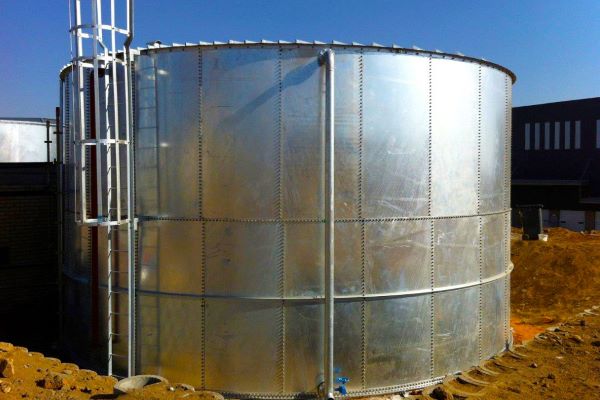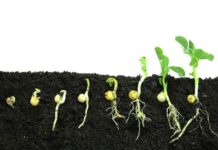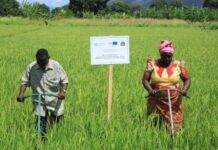A Zimbabwean-based agric-company, Zimdam has developed an effective and affordable response to farmers’ needs in harnessing water for increase in livestock and crop production.
Zimbabwe is a semi-arid country heavily reliant on rains from November to April.
However, the mean rainfall is low and many rivers and dams in drier parts of the country are not perennial although management of the water resources is critical to the southern African nation’s growth.
To help farmers mitigate the perennial water periods, Zimdam is providing invaluable support to them through construction of steel water reservoirs.
“Siting is essential. A suitable area of ground needs to be prepared. Levelling out and clearing is done to an exacting standard,” Zimdam’s executive Mike Payne said.
He said by using steel water reservoirs, a farmer does not need foundations to be laid, cutting significant costs on construction, and adding covered reservoirs reduce evaporation and algae formation.
Payne added the tanks do not limit farmers to storing water only.
“The tanks can also be used for holding mild solutions of fertiliser or acid, like those used in the production of blackberries.
“On farms, earth dams or overnight storage ponds can be constructed to a size that suits the required volume for irrigation and can be placed near pivots and the irrigation system so as to require one power source for the pivot and the pump.”
The tanks are lined with thick black polypropylene to prevent water seeping back into the ground.
Payne added: “The best place to start rain water harvesting is on the roofs of buildings. Borehole water typically contains high levels of lime, which can build up.
“Farmers should assess their water needs and make adequate provision for storage capacity before the rains to capitalise on every drop of what is increasingly becoming a scarce resource.
“With agriculture as the backbone of Zimbabwe’s economy, an awareness of how to store available natural resources to be utilised when needed, can play a significant role towards the continuation of the development of agriculture in the country.”









